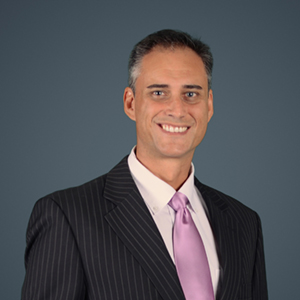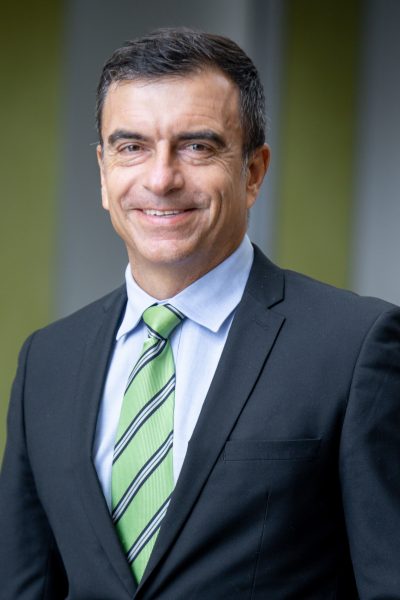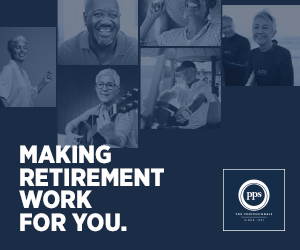Prime
Taking Your Wealth Further
The initial aim of financial planning is financial independence – to have sufficient funds to fund your lifestyle for the rest of your life without having to work again, shares Christelle Louw, wealth advice partner at Citadel Wealth Management. “Depending on your age, having 20–40 times your family’s annual lifestyle expenses in accessible investments will ensure financial freedom.”
Not quite there? You could still be a “high net worth individual” (HNWI), defined as having assets over $1-million (roughly R16-million at the time of writing). “HNWIs understand the importance of investment risk and diversification of their investment portfolios,” says Cassandra Ison, wealth manager at 27four Wealth. “Their main objective is capital preservation and global diversification, especially in light of volatile global markets, rising inflation and the risks associated with the Russian invasion of Ukraine.”
Plan, strategies and diversity
Whatever your goal, Louw suggests beginning with lifestyle scenario planning. “Look at your lifestyle requirements and plan for liquidity that matches your investments with your expenses. You don’t ever want to have to sell assets at a loss to fund your lifestyle.”
Next, look at asset allocation and diversification. “If you are over 50, you can’t afford to have all of your funds in South Africa,” says Louw. “In fact, 60 per cent should be offshore. But be careful. If you own offshore listed securities in your own name you become liable for nonresident situs tax so consider allocating your offshore investments in products that can shelter you from this obligation.”
A diversified portfolio protects against the uncertainty of the future. “HNWIs spread their investments beyond traditional asset classes (cash, bonds and equity) into assets such as hedge funds, collectables such as art, commodities (metals, mineral rights, energy, agriculture), cryptocurrency, and private equity or venture capital (investments in private companies),” says Ison. “27four has private equity specialists to advise you on these investments.”
“Your portfolio could contain actively managed funds (managed by an asset manager like Citadel) and passive investments such as index funds and exchange-traded funds,” says Louw. “Decide what volatility you are comfortable with when planning your strategy. In volatile markets, we hedge the currency of offshore investments against exchange rate volatility by investing in a rand-hedged asset class.”
Some asset classes, such as shares, are inherently volatile. “Citadel has a managed volatility fund to benefit from high volatility in the markets and provide protection against market weakness,” says Louw. “This is a strategy for the growth assets in your portfolio.”
Want to beat inflation? “Consider investing in inflation-beating assets such as commercial property or exclusive estate property developments,” says Ison. “Buy REIT (real investment trust) shares if you prefer to invest in a company that invests in different income-producing real estate assets, giving you greater property exposure without the physical management of property.”
Hedge funds offer solid returns in any market circumstances. “Structured products (fixed yield with a guarantee on the capital and certain provisions that apply) enhance a growth portfolio, but can be complex and filled with pitfalls, so invest through a reputable company with a good track record,” says Louw. “Similarly, instead of only buying retail products off the shelf (RAs, TSAs, unit trusts, risk cover), use a wealth advisory service that will tailor a plan to your specific needs.”
Your retirement fund is not enough
Many of us think we don’t need to save over and above our contributions to retirement funds.
“If you earn over R1.3-million, the deductible amount of your retirement fund contribution is capped at R350 000, so your retirement fund alone will never provide you with sufficient income after retirement because it is underfunded,” says Louw. “Financial independence does not follow automatically from earning a decent salary. You need a strategy – consciously save and invest wisely.”
“HNWIs are developing an appetite for investing in cryptocurrencies,” says Ison. “However, most are still doing so prudently because of concerns around regulatory protection, ESG (mining requires a lot of computing power that uses huge amounts of electricity) and valuation.”
“Once you are financially independent, you can consider potential exposure to alternate investments, such as art, luxury cars, or crypto,” says Louw. “But, if you don’t understand it, don’t invest in it. Let it pass or do your homework to understand.”





